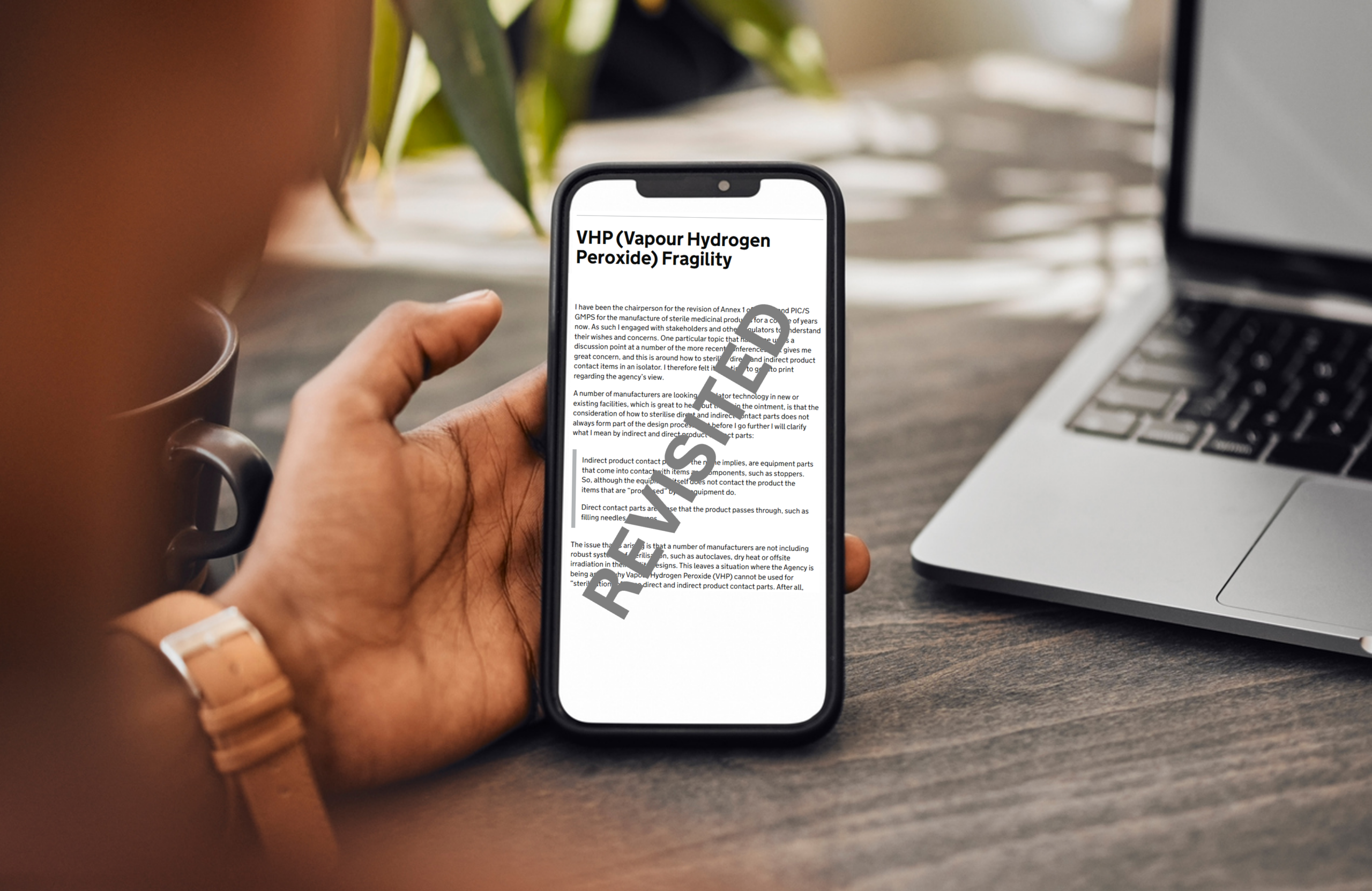
Do You Trust What Your Drug Applications are Saying?
Trust is essential to everything we do in the pharmaceutical industry. Developing new drugs requires speaking the global language of data, which is meaningless without trust. Toxicity, efficacy, bioequivalence, and bioavailability are key measurements of drug safety and effectiveness, all spoken in the language of data. These only have meaning if there is trust. Imagine […]












